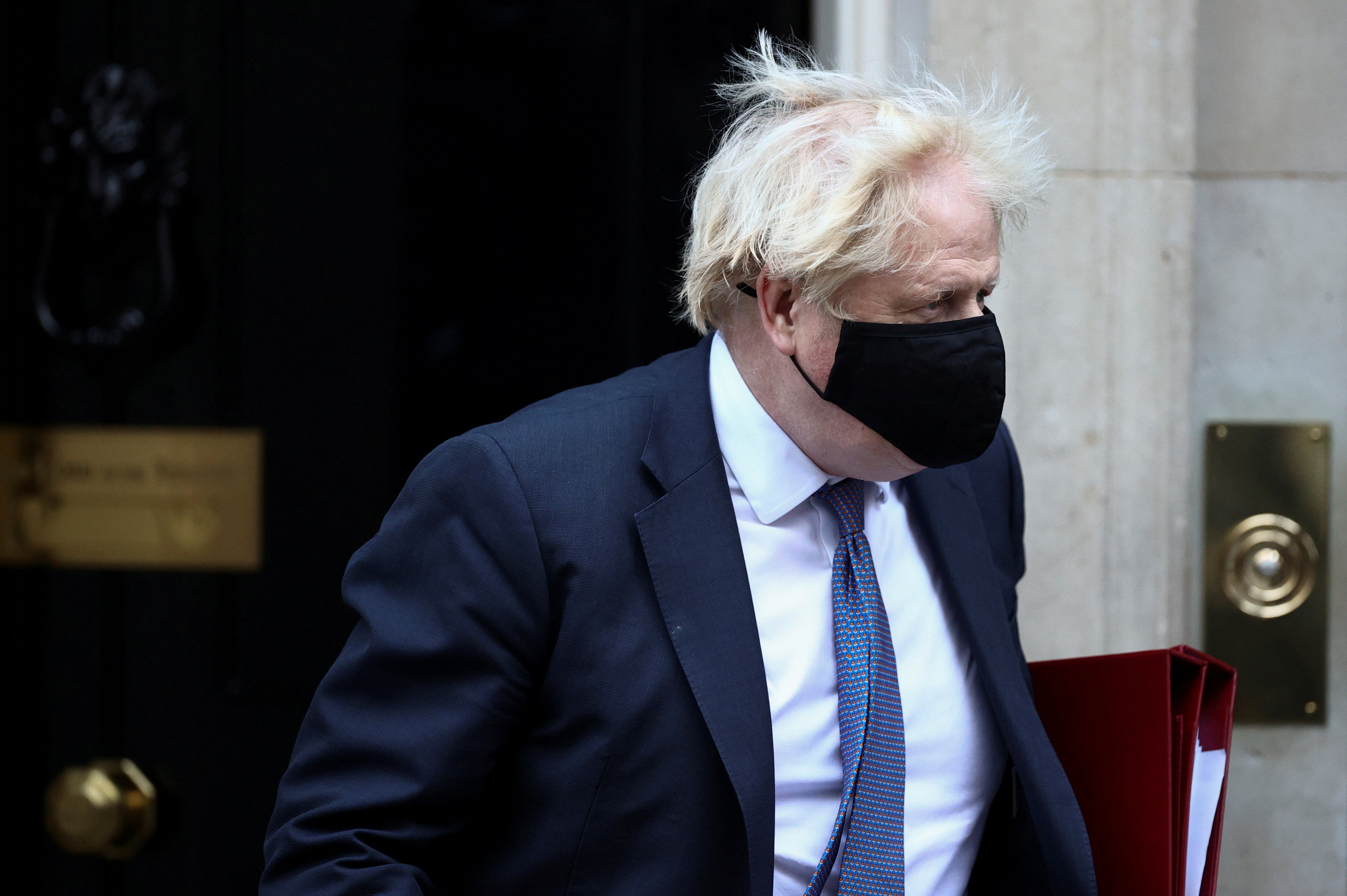New homes and workplaces will be required to install electric vehicle charging points, Boris Johnson says
Just under 26,000 public electric vehicle charging devices available in UK, according to latest figures

Your support helps us to tell the story
From reproductive rights to climate change to Big Tech, The Independent is on the ground when the story is developing. Whether it's investigating the financials of Elon Musk's pro-Trump PAC or producing our latest documentary, 'The A Word', which shines a light on the American women fighting for reproductive rights, we know how important it is to parse out the facts from the messaging.
At such a critical moment in US history, we need reporters on the ground. Your donation allows us to keep sending journalists to speak to both sides of the story.
The Independent is trusted by Americans across the entire political spectrum. And unlike many other quality news outlets, we choose not to lock Americans out of our reporting and analysis with paywalls. We believe quality journalism should be available to everyone, paid for by those who can afford it.
Your support makes all the difference.New homes, supermarkets and workplaces will be required to install electric vehicle charging points as standard from 2022, under new regulations to be announced by Boris Johnson.
Ahead of the ban on the sale of new fossil fuel vehicles in 2030, the prime minister will say the move will result in an extra 145,000 charging points each year before the end of the decade.
According to the latest available figures from the Department for Transport (DfT), the UK has just 25,927 public electric vehicle charging devices available, including 4,923 rapid chargers.
The action forms part of the government’s attempts to reach the legally binding net zero target by 2050 and comes after a report earlier this year by the Competition and Markets Authority suggesting at least 280-480,000 public charging points will be needed by 2030.
The organisation also warned of the risk of “charging deserts” in remote locations and that suitable charging can be a “postcode lottery”.
In a speech to the Confederation of British Industry (CBI) on Monday, Mr Johnson will make clear the regulations, to be laid in parliament before the end of 2021, will also force buildings undergoing large-scale renovations with 10 or more parking spaces to install charging points.
“This is a pivotal moment – we cannot go on as we are,” the prime minister will tell the conference. “We have to adapt our economy to the green industrial revolution.”
He will say: “We will require new homes and buildings to have EV charging points – with another 145,000 charging points to be installed thanks to these regulations”.
In his own speech to the CBI conference on Monday, Sir Keir Starmer will outline his commitment to “chase down every penny we spend” under a Labour government with the creation of a new Office for Value of Money.
“Just as every one of you scrutinises the cost side of your business, constantly asking yourself if investments are paying off, we will do the same on behalf of the tax-paying public,” the Labour leader will say.
He will also accuse the government of having “absolutely no plan to make Brexit work”, adding: “Labour is not planning a rematch, but it is obvious that a poorly-thought through Brexit is holding Britain back.”
As the UK government seeks to renegotiate the terms of the Northern Ireland Protocol – a key part of the Brexit agreement – Sir Keir will say: “Trust matters in international negotiations, but with this prime minister that ingredient is missing.
“Instead what you get is a series of pantomime disputes, which is no good for British business or for the British people.”
In an attempt to flesh out his slogan of “make Brexit work”, the Labour leader will add: “We would seek regulatory equivalence for financial services, and mutual recognition of professional qualifications, because we absolutely recognise the importance of looking after our world-class financial and professional service businesses.
“We would seek to maintain Britain’s data adequacy status, making our data protection rules equivalent to those in the EU, to secure UK digital services companies’ competitiveness.”
He will say: “We’d also seek a better long-term deal for UK hauliers to ease the supply chain problems we are seeing. I believe all of this is achievable by robustly defending our interests, and patiently negotiating”.
Join our commenting forum
Join thought-provoking conversations, follow other Independent readers and see their replies
Comments